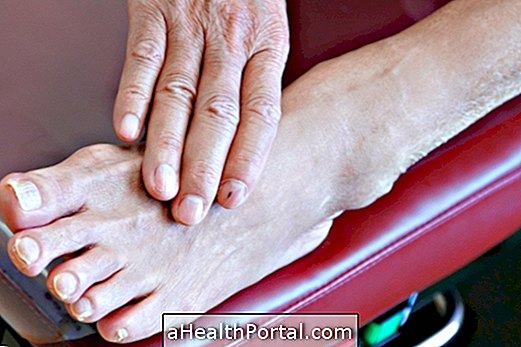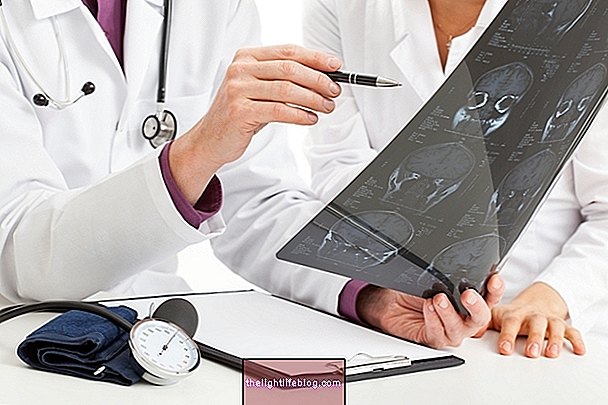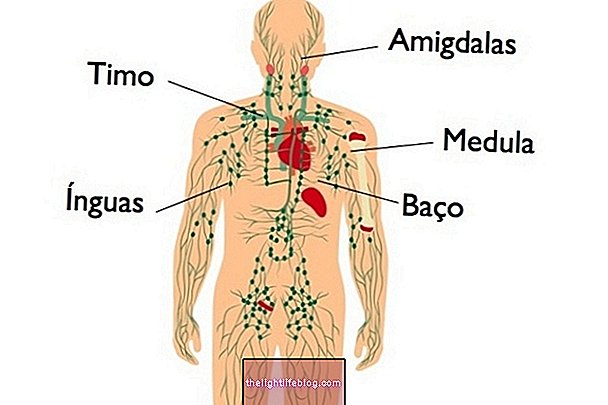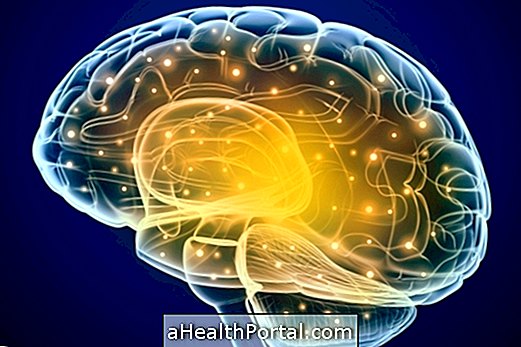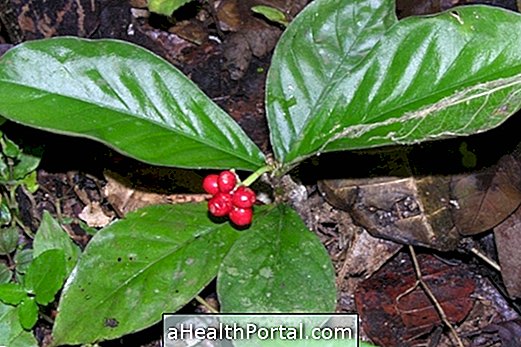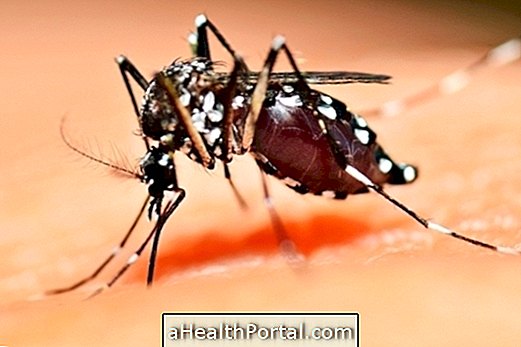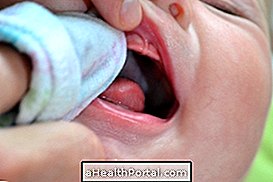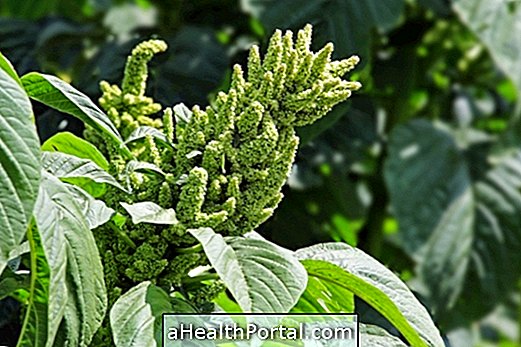Jaw cancer, also known as ameloblastic carcinoma of the jaw, is a rare type of tumor that develops in the lower jaw bone and causes initial symptoms such as progressive pain in the mouth and swelling in the jaw and neck region.
This type of cancer is usually diagnosed in the early stages due to the symptoms, which are apparent, and the result of radiological examinations, however, when diagnosed in more advanced stages, there is a greater chance of metastasis to other organs, making treatment more difficult.

Main symptoms of jaw cancer
The symptoms of jaw cancer are very characteristic and can even be noticed visually, the main ones being:
- Swelling in the face or just in the chin;
- Bleeding in the mouth;
- Difficulty opening and closing the mouth;
- Voice changes;
- Difficulty chewing and swallowing, as these actions cause pain;
- Numbness or tingling in the jaw;
- Frequent headache.
Despite the symptoms, in several cases cancer in the jaw can appear without any symptoms, and can develop silently.
Thus, in the event of changes in the jaw and neck region that take more than 1 week to disappear, it is recommended to consult a general practitioner to make the diagnosis and start the appropriate treatment.
How the treatment is done
Treatment for cancer of the jaw must be done in hospitals specializing in oncology, such as INCA, and usually varies according to the degree of tumor development and the age of the patient.
However, in most cases, treatment is started with surgery to remove as much of the affected tissue as possible, and it may be necessary to place metal prostheses in the jaw to replace the lack of bone. After the surgery, radiotherapy sessions are performed to eliminate the remaining malignant cells and, therefore, the number of sessions varies according to the degree of cancer development.
In cases where the cancer is very developed and the treatment was not started in time, metastases may appear in other parts of the body, such as the lungs, liver or brain, making the treatment more complicated and decreasing the chances of cure.
In the first few days after surgery it can be difficult to open your mouth, so here's what you can eat at: What to eat when I can't chew.
Was this information helpful?
Yes No
Your opinion is important! Write here how we can improve our text:
Any questions? Click here to be answered.
Email in which you want to receive a reply:
Check the confirmation email we sent you.
Your name:
Reason for visit:
--- Choose your reason --- DiseaseLive betterHelp another personGain knowledge
Are you a health professional?
NoMedicalPharmaceuticalsNurseNutritionistBiomedicalPhysiotherapistBeauticianOther
